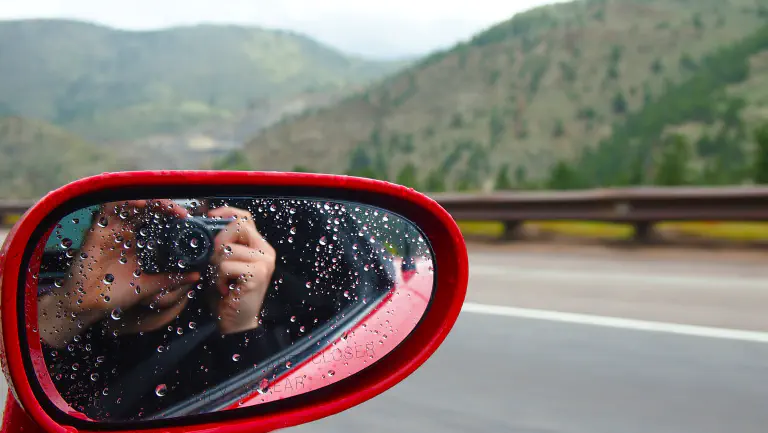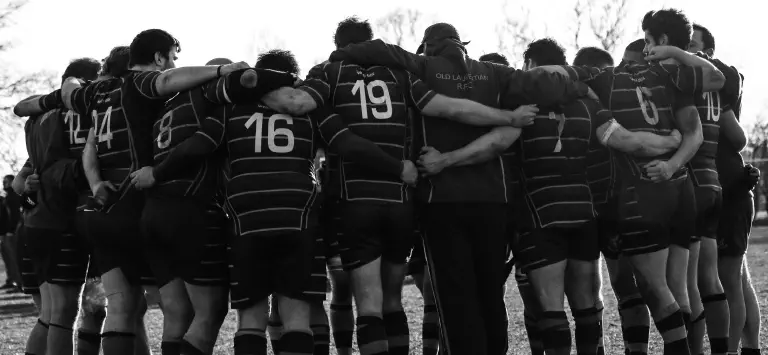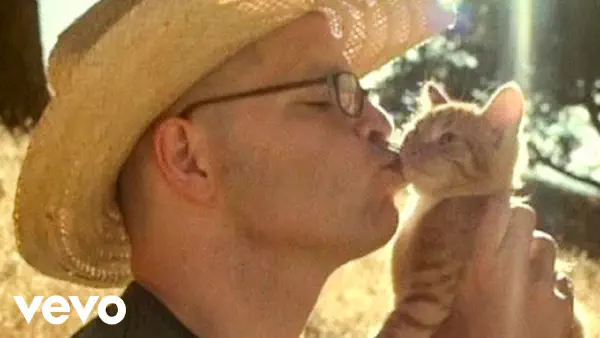
Etymologically, the derivative of rush, referring to the release of epinephrine (adrenaline) during among other activities elite endurance sport and followed afterward by a satisfying and soothing flood of endorphins, must have joined the English language rather recently -- possibly in the 60's with the rise in popularity among the festival culture of mood altering drugs -- as it is not featured in the source of Cloud Nine's etymology posts, which was published in 1990.
It seems likely, however, this more exhilarating use of the word is related to the rush hurry, derived from Old French ruser described below.
Rush
"Rush. English has two words rush. The plant-name goes back to prehistoric germanic *rusk-, which also produced German and Dutch rusch, and may be related to Latin restis, rush. Rush, hurry, goes back ultimately to Old French ruser drive back, detour, source of English ruse. It reached English via Anglo-Norman russher, where until the 17th century it was used in its original sense drive back, repulse. The sense hurry developed in Anglo-Norman, presumably from some association of the sound of the word with hurrying.
~ John Ayto, "Dictionary of Word Origins."














